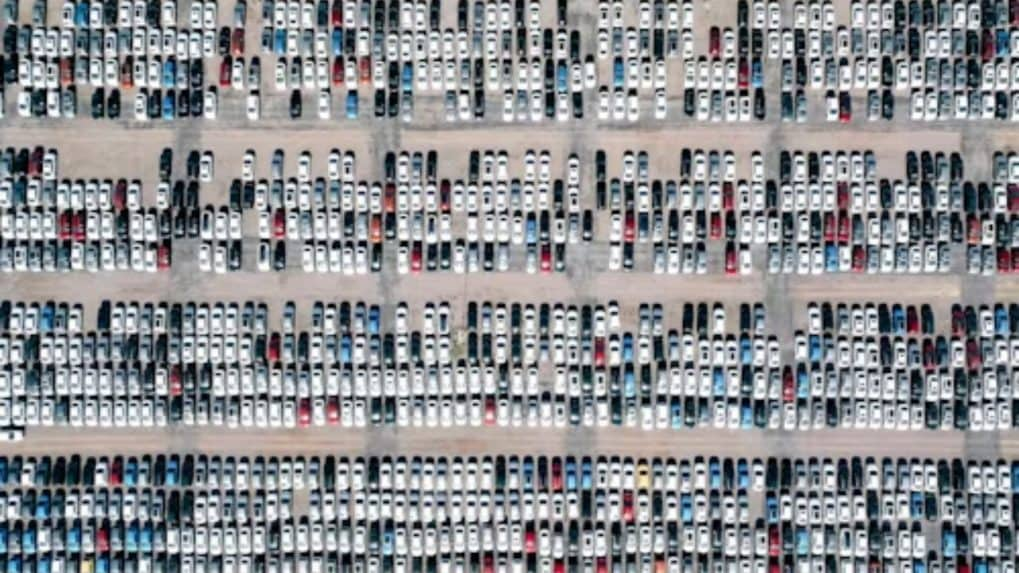How it Works
Tech layoffs 2025: The biggest job cuts in Silicon Valley and beyond

Delhi’s second-hand car market is in turmoil, with prices nosediving by up to 50% over the past week, as uncertainty looms around the enforcement of the End-of-Life (EOL) vehicle ban. Traders are reeling under steep losses, while buyers from other states are capitalizing on the chaos to drive hard bargains, PTI reported.
According to the Chamber of Trade and Industry (CTI), prices of used vehicles, especially older diesel and petrol models, have collapsed following the Delhi government’s move to implement a court-mandated fuel ban on vehicles that exceed the 10-year (diesel) and 15-year (petrol) age threshold. CTI Chairman Brijesh Goyal estimates nearly 60 lakh vehicles have been affected and traders are now selling at a quarter of previous rates.
“Luxury cars once priced at Rs 6–7 lakh are now being picked up for Rs 4–5 lakh, sometimes less,” said Goyal. “The market is panic-stricken. Outside buyers from states like Bihar, Rajasthan, Tamil Nadu and Kerala are bargaining aggressively, knowing Delhi traders are desperate.”
What’s adding fuel to the fire is the lack of clarity around the No Objection Certificate (NOC), a mandatory document for selling de-registered vehicles outside the state. Dealers claim the process, once relatively simple, has now become tangled in red tape.
The Delhi government has now requested the Commission for Air Quality Management (CAQM) to put the fuel ban on hold, citing technological and logistical constraints in enforcing the policy, triggering further confusion in an already fragile market.
Over 1,000 car dealers in hotspots like Karol Bagh, Preet Vihar, Pitampura and Moti Nagar are caught in the crossfire, calling for urgent intervention to stabilize the sector. The situation underscores a critical policy gap, how to balance environmental mandates with economic livelihoods, especially when enforcement mechanisms lag behind ambition.
The leaders highlighted how AI is emerging as a critical enabler in this shift from marketing’s traditional focus on new customers to a more sustainable model of driving growth from existing accounts.
Read MoreThe Online Gaming Bill 2025 imposes severe penalties, allows warrantless search and seizure, and empowers a central authority to regulate the digital gaming ecosystem. It is expected to disrupt platforms, payment systems, and advertising in the sector. Here's all you need to know about the bill.